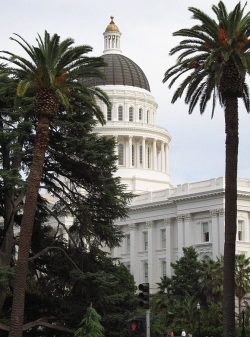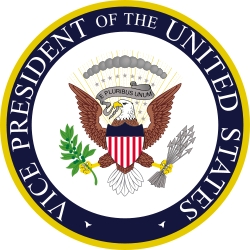
Shays' Rebellion, a clash between farmers and merchants, threatened to plunge the states into civil war
The Revolutionary War left many of the colonies deep in debt because of borrowing for troops and weapons. States tried to pay back these debts in Continentals, printed by the Confederation Congress, but people wanted gold and silver that had real value. Each state was printing its own money, causing disputes over what each currency was really worth.
The Confederation Congress could not raise taxes nor use a court system to force states to trade with each other. Some farmers refused to pay taxes and took up arms causing the federal militia to be called out to stop the rebellion. Obviously a stronger national government was needed. From this need evolved our current Federal Government.
A number of people recently have expressed delight that the Federal Government may have to close down. They feel that we would all be better off with no national government at all. Clearly, if history is understood, we cannot return to the days before the Constitution and all the problems a weak national government entailed.
Rather, we need to insist on the government the Constitution gave us. The set of fundamental principles and established precedents detailed in the Constitution outline how we are to be governed. If the Founders thought that no national government was necessary, they would never have met in Philadelphia and given us the Constitution.
The real problem is not that we have a national government but that Washington has overreached its power, overspent its budget, and overrun state sovereignty. A reduced, reformed national government, restricted to its enumerated powers, should be our goal.




